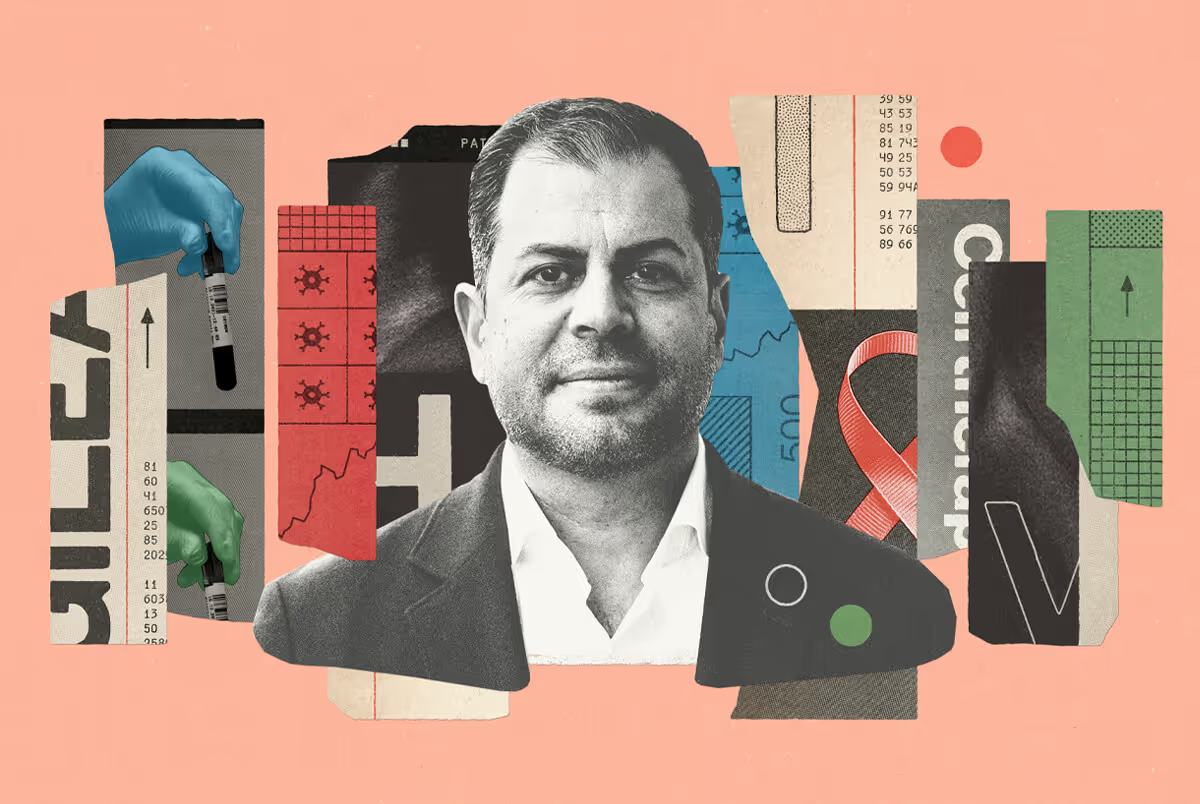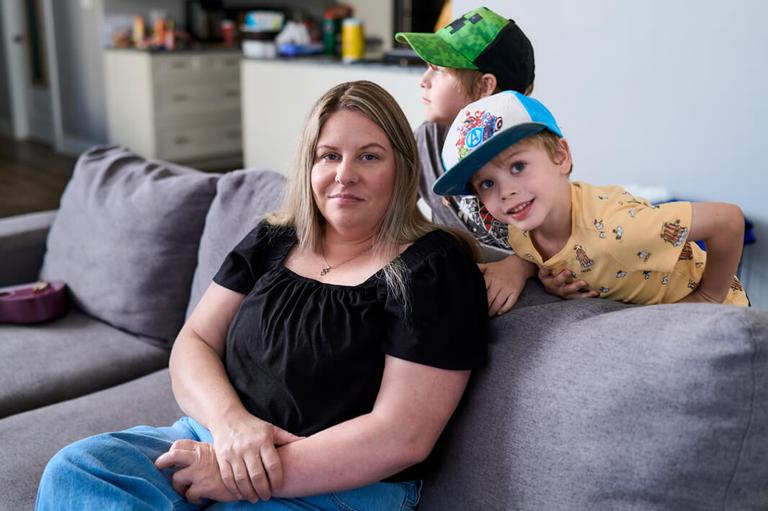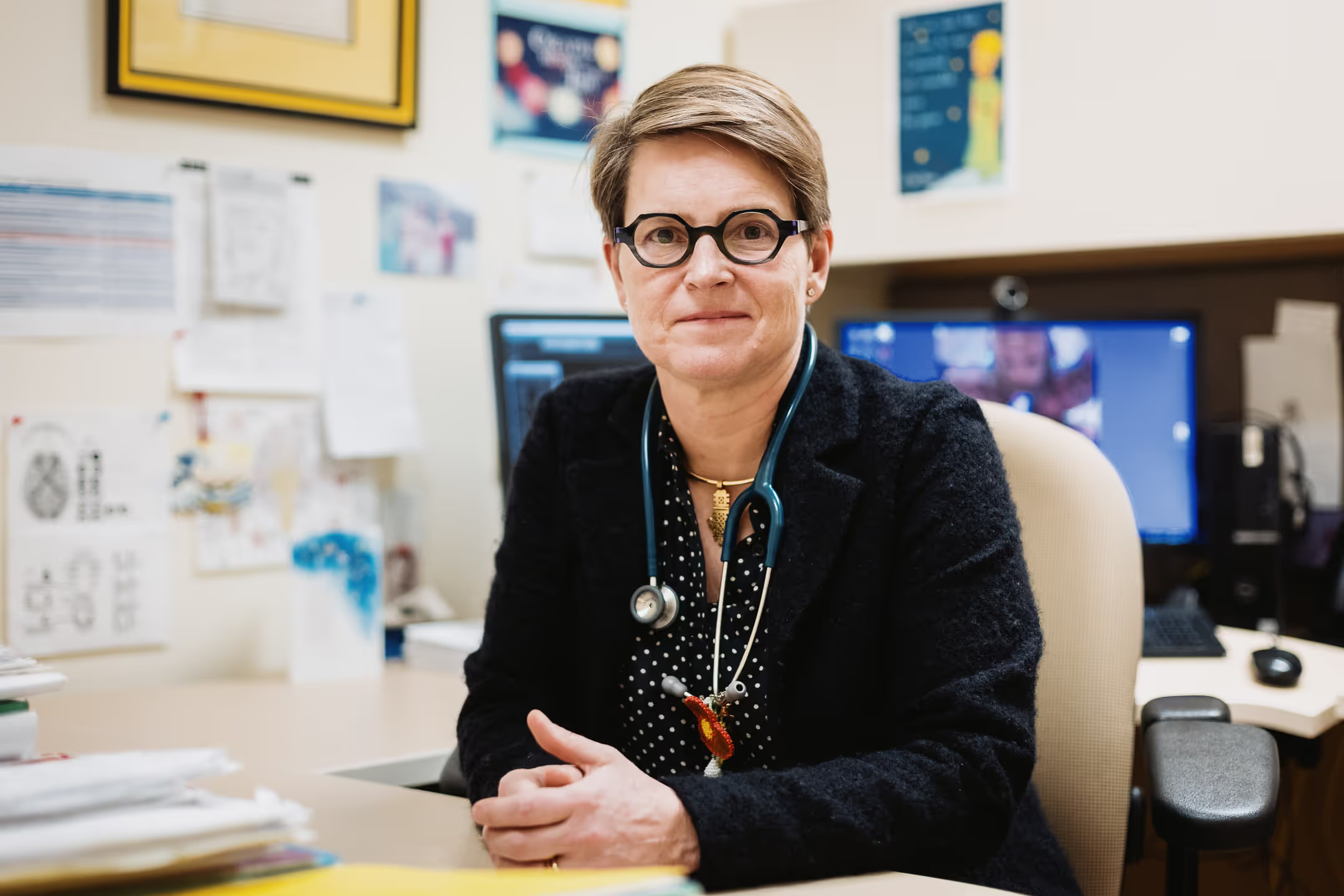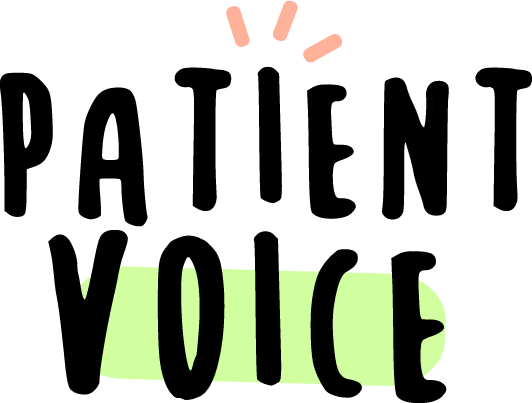Fatoumata’s story was included in Canada’s Rare Voices 2023.
“Almost everyone on my mother’s side of the family suffered from heart disease and high blood pressure. So it wasn’t a surprise to me when I passed out one day and ended up in the emergency room for an echocardiogram. The cardiologist asked for my family history and, when I told him, he said, ‘Well, this certainly looks like the heart problems that run in your family.’
Then he asked about my father’s side.
My father died when I was four years old. He was 29. None of his brothers made it to age 30. The women in his family lived a little longer — to 50 or 60. No one knew what kept killing them. When the cardiologist heard this, he looked at me and said, ‘Okay, maybe you need to go do some genetic testing.’
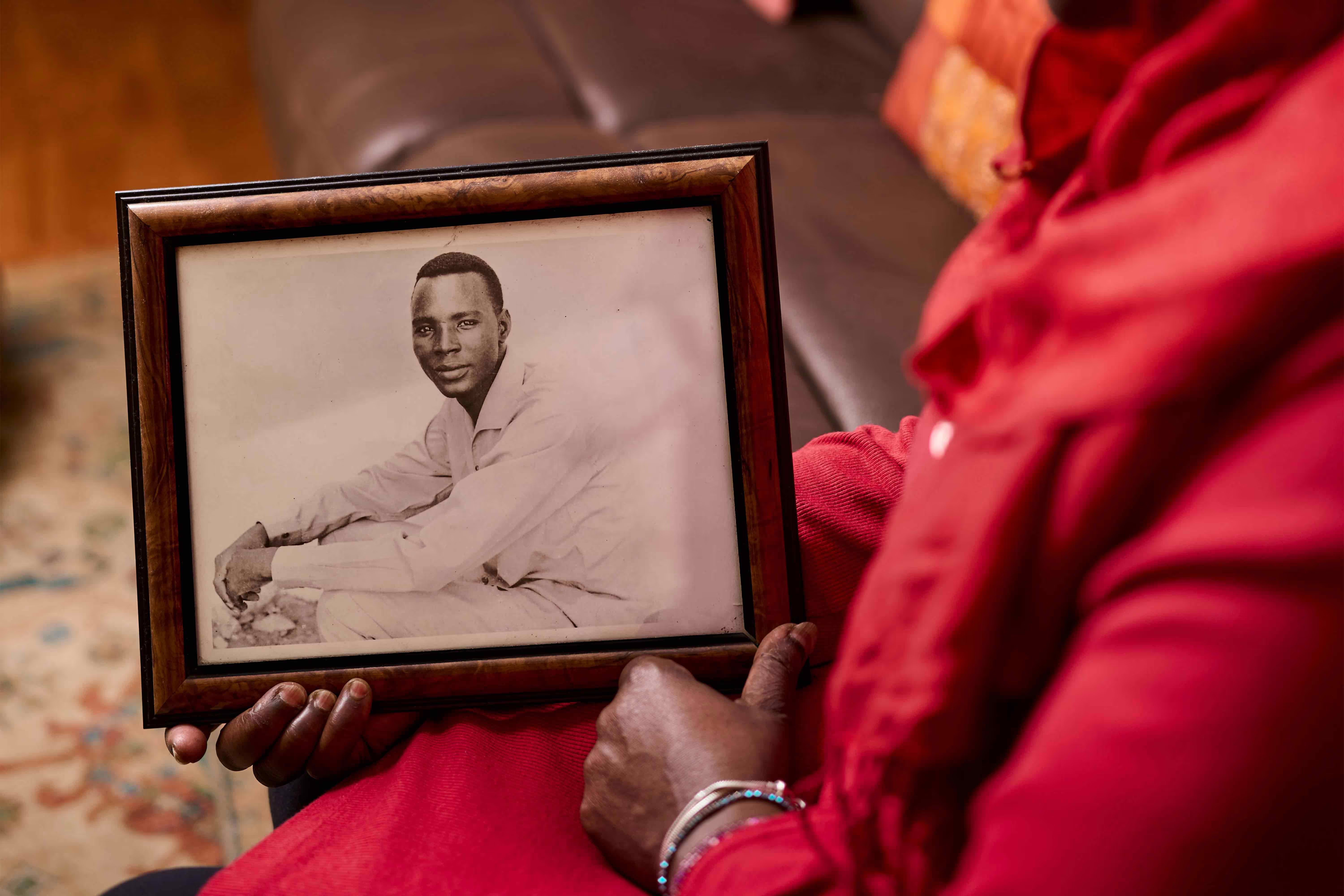
And that’s how, in 2018, when I was 52 years old, I learned about Fabry disease. Suddenly, the problems I’d been having with my heart and blood pressure — they all made sense in the context of this new diagnosis. It honestly made me very optimistic. This veil of uncertainty about what was going on with my health had been lifted. And, in the same stroke, a light had been cast on the mystery of my family’s penchant for dying young. It was no longer a vague unknown threat. It had a name.
Despite having a rare disease, I have every reason to be hopeful about my own health. I was very active when I was younger. I played a lot of sports. I was on the university basketball team. I can educate myself about Fabry, and I can do all the things I need to do. Now, what scares me is thinking about my daughters, and especially my grandchildren. My battle right now is to get them all tested, and my extended family as well.
“With testing and treatment, we can slow the progression and fend off the symptoms of Fabry disease.”
It’s not easy — we’re spread all over the world. I’m originally from Niger but I’m also a French citizen, and I worked and studied in France and Louisiana before ending up in New Brunswick. Two of my daughters are living in the U.S. now, and it’s certainly not straightforward to access good health care down there. It’s even harder for those in my family who are still living in Africa.
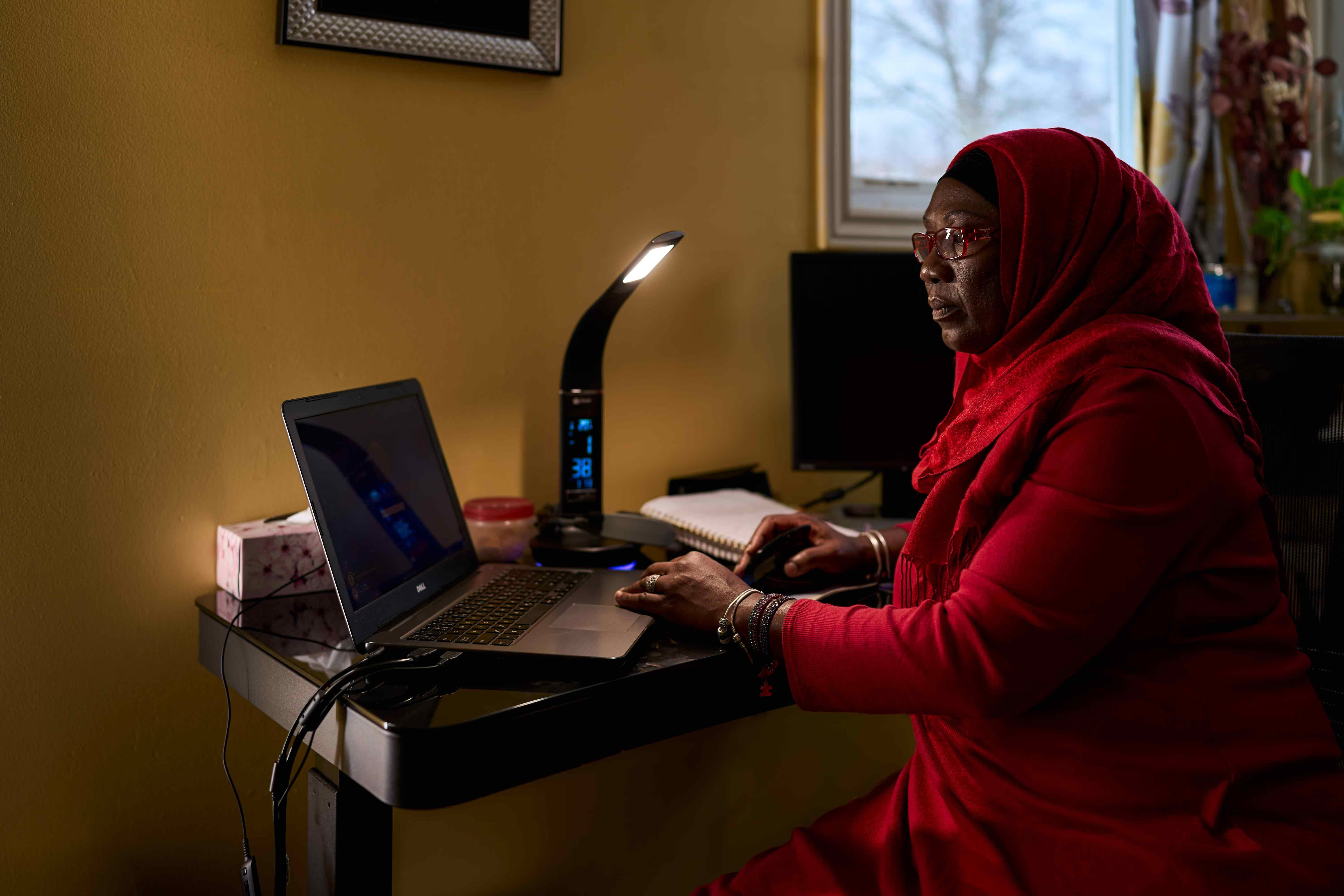
Even for those with access, means, and education, the idea of testing can be daunting. I have a PhD, I’m well-travelled, and I’m a college instructor, but I’m not immune to that fear. I have cousins who are scientists and medical doctors who know that they need to get tested for Fabry, but even these smart and highly-educated people keep putting it off, because the prospect of finding out is so overwhelming. The fear of facing what lurks in your genes can hold back even those who know better.
But here’s the thing. It is absolutely better to know. The symptoms of this disease sneak up on you, and the damage to your body can be quite severe by the time you feel sick enough to do something about it. For me, the symptoms of Fabry were so vague and diffuse and disconnected that it was very hard to see the big picture.
With testing and treatment, we can slow the progression and fend off the symptoms of Fabry disease. We can improve our lives and, most importantly, know we’re doing everything that we can. I can control my symptoms now with medication, diet, and exercise so that, on a day-to-day basis, I feel very good. I know what it’s like to live under the pall of unknown illness. And I know how much easier it is to manage something when it has a name.”
{{CTA}}
This initiative was supported by Chiesi Global Rare Diseases. The content was developed by Patient Voice, and the supporter did not influence the final article or editorial themes.
If you’ve been diagnosed with Fabry disease, either recently or in the past, there is a community of patients, caregivers, and clinicians here to support you. To learn more about Fabry, seek support, or access additional resources, please connect with the Canadian Fabry Association.

%20(1).jpg)

